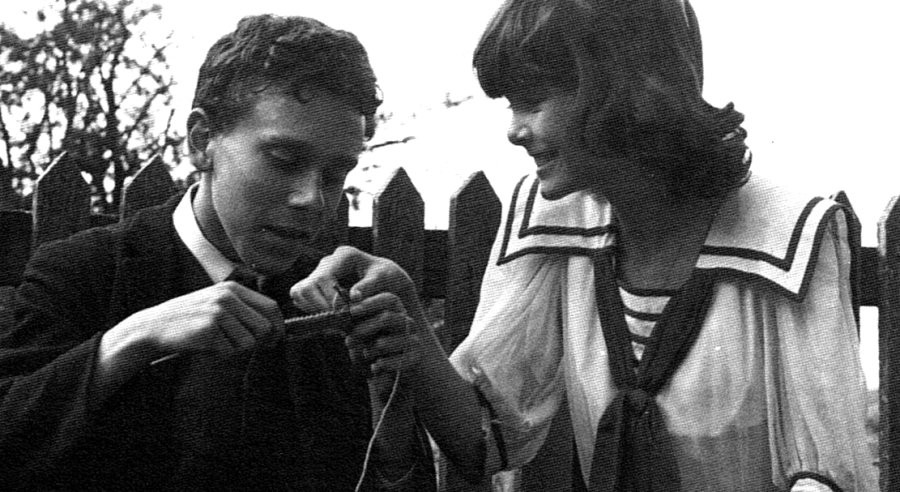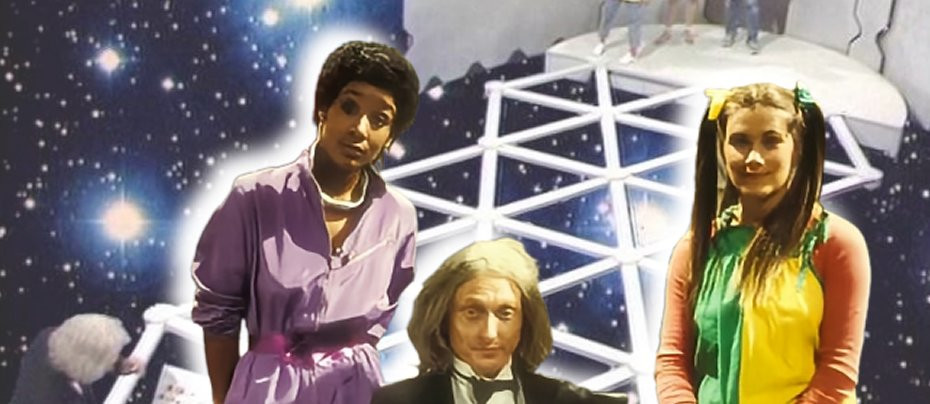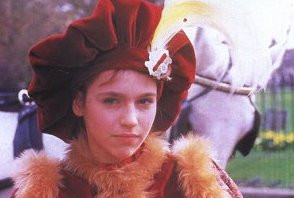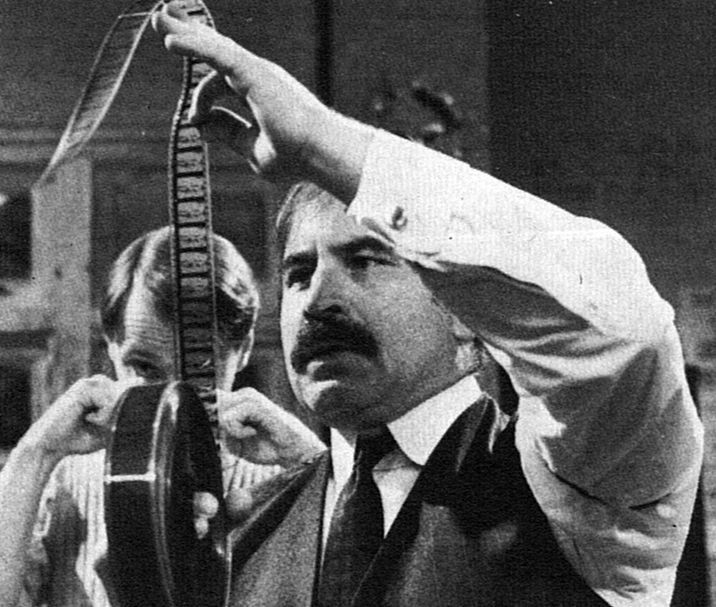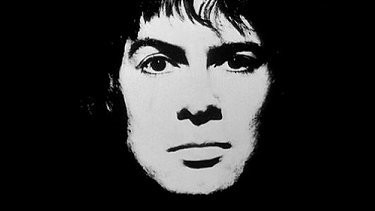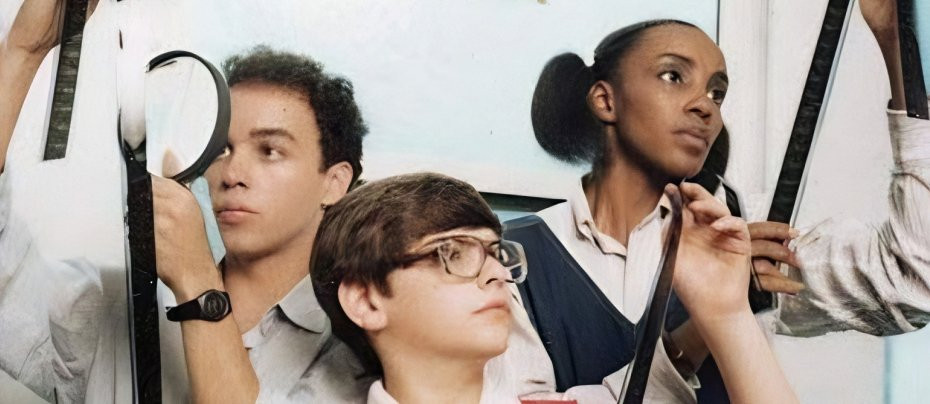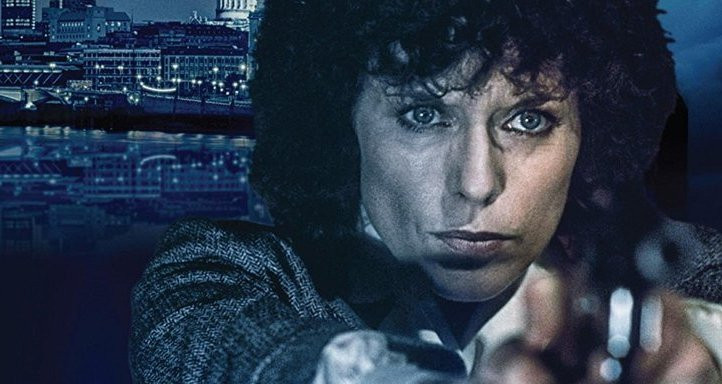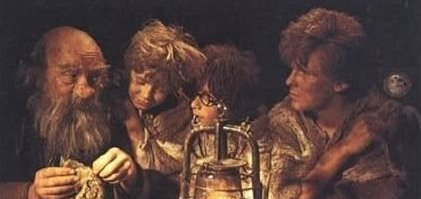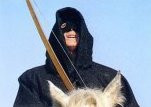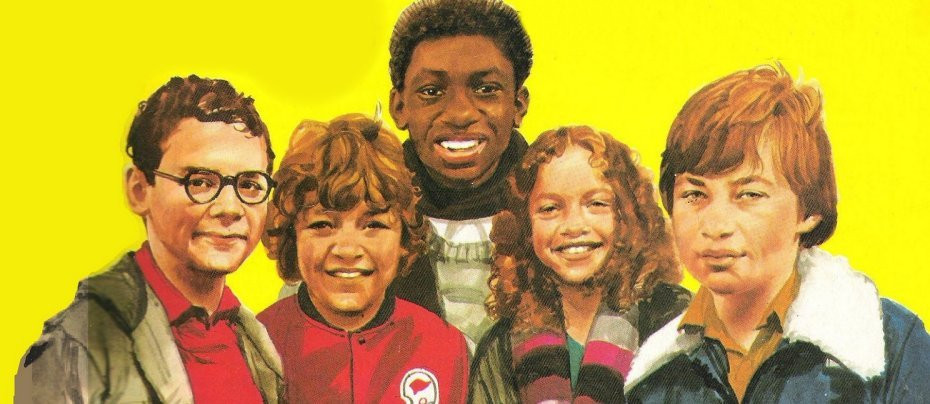
The Latchkey Children
1980 - United KingdomIf you were faced with the prospect of your favourite meeting place - in this case an old tree in a playground - being demolished by the local council and replaced by a concrete monstrosity, what would you do? Stand back and let it happen - or fight for its salvation? This is the problem that faces five young people known as The Latchkey Children, individually Froggy, Goggles, Ben, Duke and Etty.
The term 'Latchkey Children' refers to kids who return home from school to an empty house, often wearing their house keys on a chain around their neck. The term originated during World War II when many fathers were enlisted into the armed forces, and mothers had to work to support the family. This left children to take care of themselves after school. The term gained more widespread use in the 1970s and 1980s as more households had both parents working.
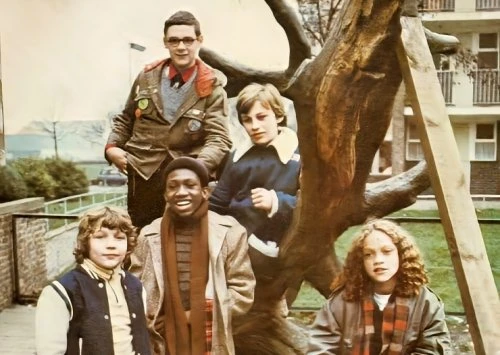
Left to their own devices most of the time, the children in this story find the only place for them to meet and play is the playground, which is much more desirable than hanging around the streets. So, when they hear the Council's plan to remove their tree and replace it with a concrete railway engine for them to play on, they decide to fight the authorities. They go about it in a very adult fashion, by going to the Houses of Parliament, the Greater London Council and writing letters of protest. But they don't get far until they accidentally meet up with a Thames Television film crew in Battersea Park.
The series was adapted from Eric Allen's prize-winning short novel of the same name, which was published in 1963 and, at the time of the television adaptation, was still being used in many schools' curricula. The original story addressed social issues head on, and the TV series didn't shy away from them. The local neighbourhood includes children from diverse racial and religious backgrounds, most of whom are treated fairly, although they occasionally overhear racist remarks. Initially, a close-knit gang forms with four friends: Janette Stone (nicknamed Etty), William Benjamin (known as Billandben), Gordon Frogley (affectionately called Froggy), and J. J. Greavy (referred to as Goggles). Though the adaptation was slightly modernized for TV, much of the filming took place in the book’s original setting—the Churchill Gardens estate in Pimlico, London.
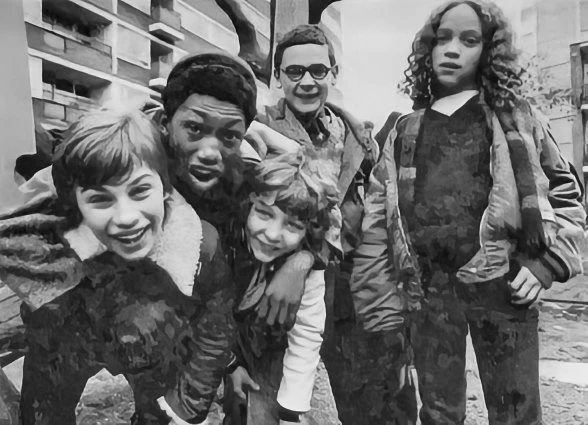
Froggy was played by 15-year old Peter Harrison, who, up until then, had only appeared in TV commercials and undertaken some stand-in work. "It gave me experience," Peter told Look-in magazine in 1980. "It gave me what I needed. I felt great. You feel all sorts of things when that happens to you - on top of the world, really. I loved working on The Latchkey Children; the children were good, the production team were brilliant and the director, Horace Ové (whose daughter Indra played the part of Etty) was great. Encouraging us all the time."
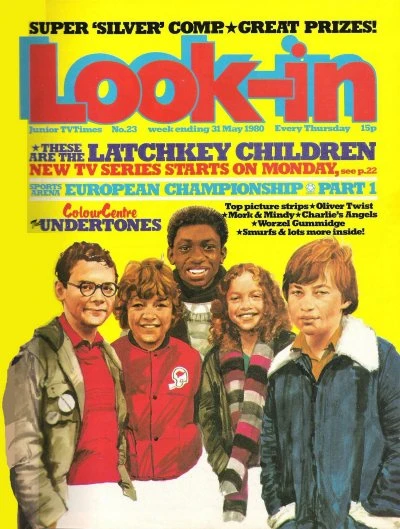
As for the character he played, Peter told the magazine, "he's got no dad and his mum is a bit naggy. She's out at work all day and doesn't have time to talk to him about his problems so he fantasises a lot. He's also very emotional - always thinking about his dad. He loves fighting. I think it's through this that he gets rid of his home problems." Peter later appeared in Byker Grove.
13-year-old Bobby Collins played the part of Ben in the series. Already an old hand when it came to television work, he had appeared in George and Mildred, The Sweeney and Grange Hill. "Ben is the posher one of the gang," Bobby said. "He lives in a house in Pimlico whereas the others live in council flats. Bobby also sang on the series' title song, along with co-star Ian Roberts, who played the part of Duke. Ian also spoke of his character: "He's not like the others because he's very quiet. He wants to mix with people but never pushes himself. He does things like laugh loudly, hoping others will notice him and say something. I'm nothing like him really - completely different; in fact, I'm very extrovert."
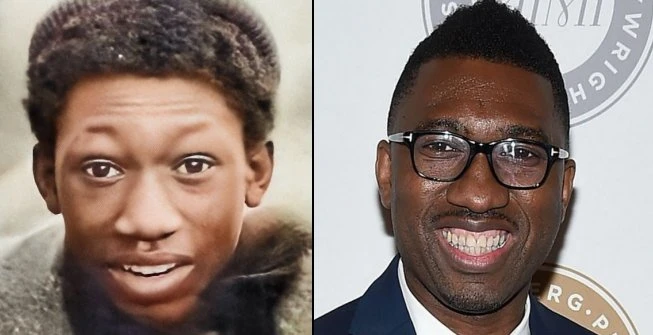
Ian changed his name at the age of 19 to Kwame Kwei-Armah after tracing his family history, through the slave trade back to his ancestral African roots in Ghana, and went on to become a playwright, director and broadcaster. In 2005, he became the second black Briton to have a play staged in the West End of London when his award-winning piece Elmina's Kitchen transferred to the Garrick Theatre. As an actor, he is probably best known for playing paramedic Finlay Newton in Casualty from 1999 until 2004.
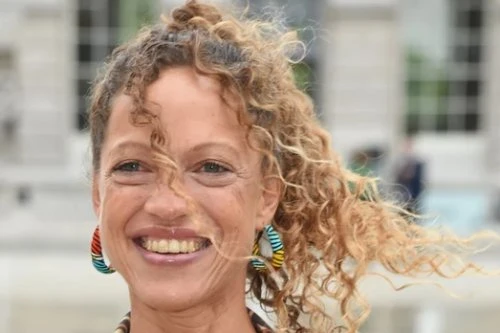
Indra Ové went on to become a prolific actress, and has appeared in over seventy productions as of 2024, which include Desmond's, Soldier, Soldier, Casualty, Holby City, Unforgotten and Sex Education. Bobby Collins appeared in EastEnders in 1990. 14-year-old Nigel Hayward played the part of Goggles.
Despite the children coming from various backgrounds, they come together to address and solve a problem in their community. Despite their differences, they unite over a shared goal and challenge, demonstrating the power of teamwork and solidarity. The series highlighted themes of friendship, cooperation, and the importance of standing up for what is right. The Latchkey Children isn’t as widely known or popular today as it once was. It had its peak during the time it aired, resonating with audiences due to its relatable themes and characters. However, it remains a nostalgic piece for those who watched it during its original run.
Seen this show? How do you rate it?
Seen this show? How do you rate it?
Published on October 1st, 2024. Written by Mark Turner-Box for Television Heaven.


